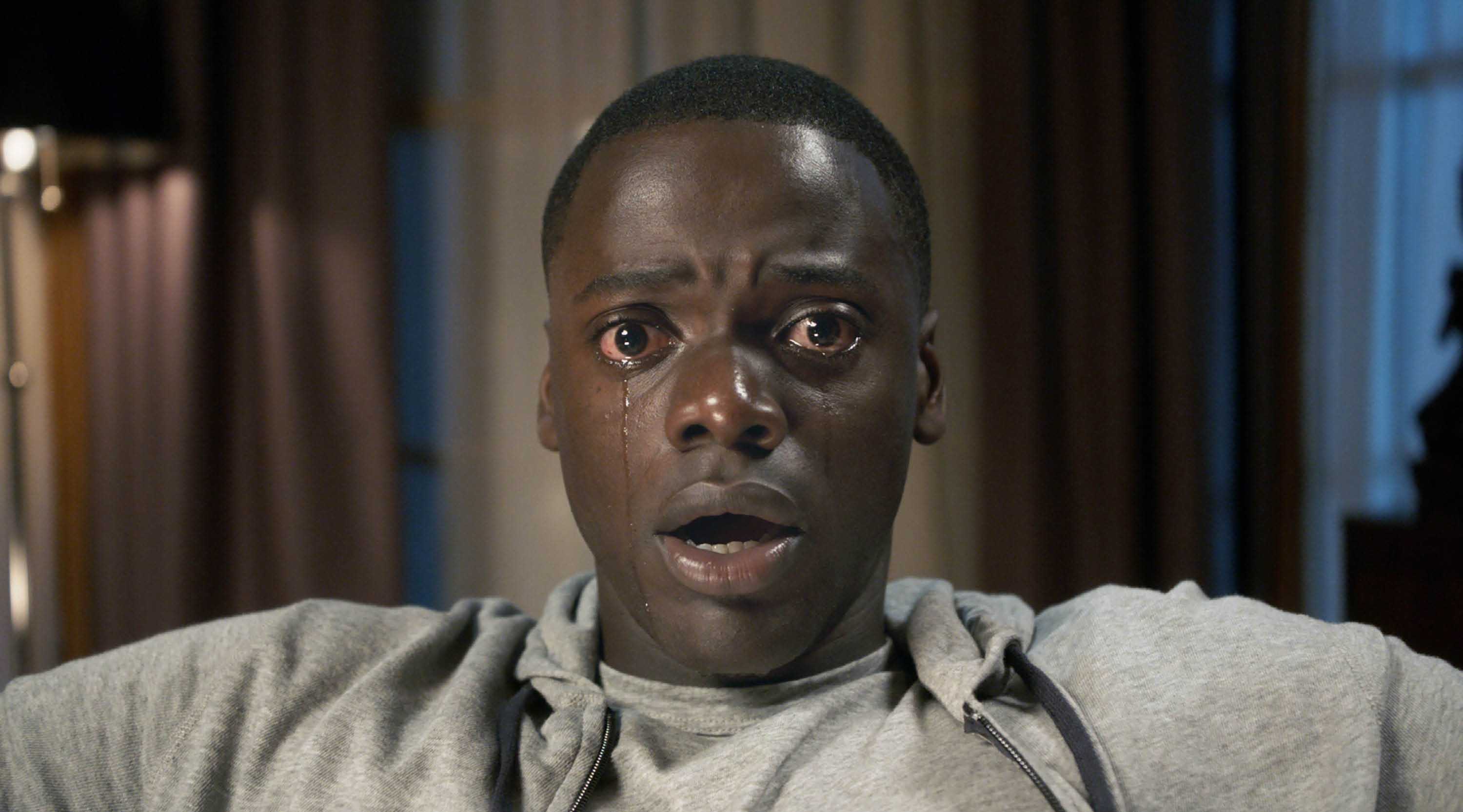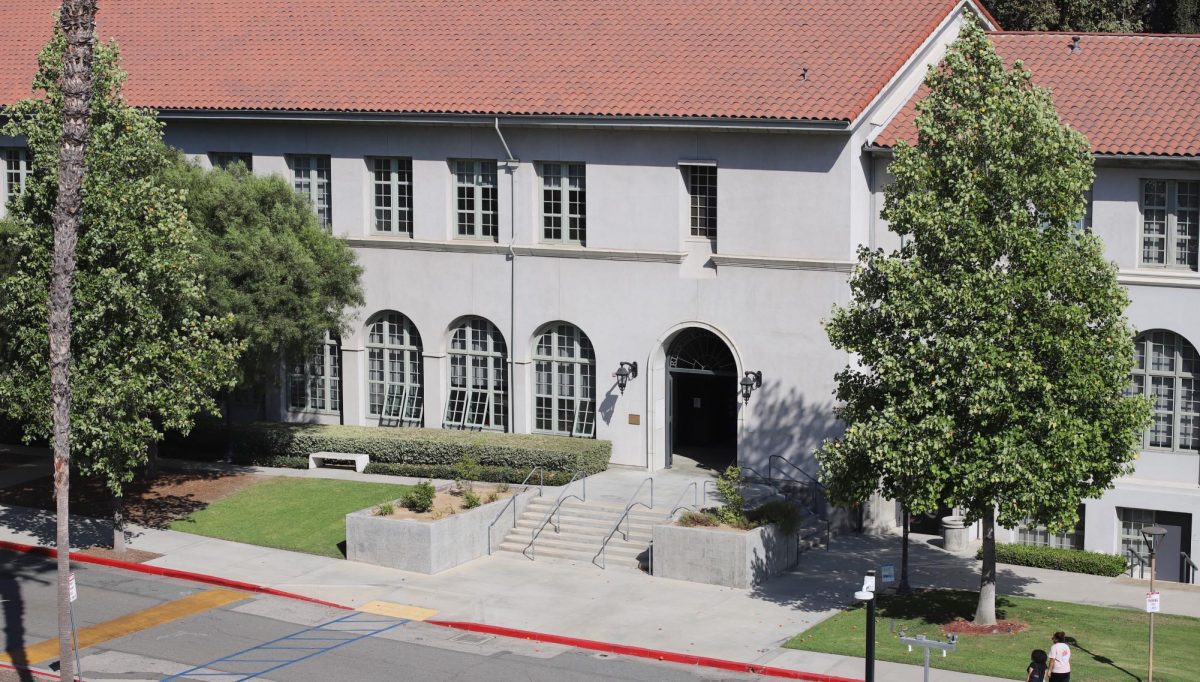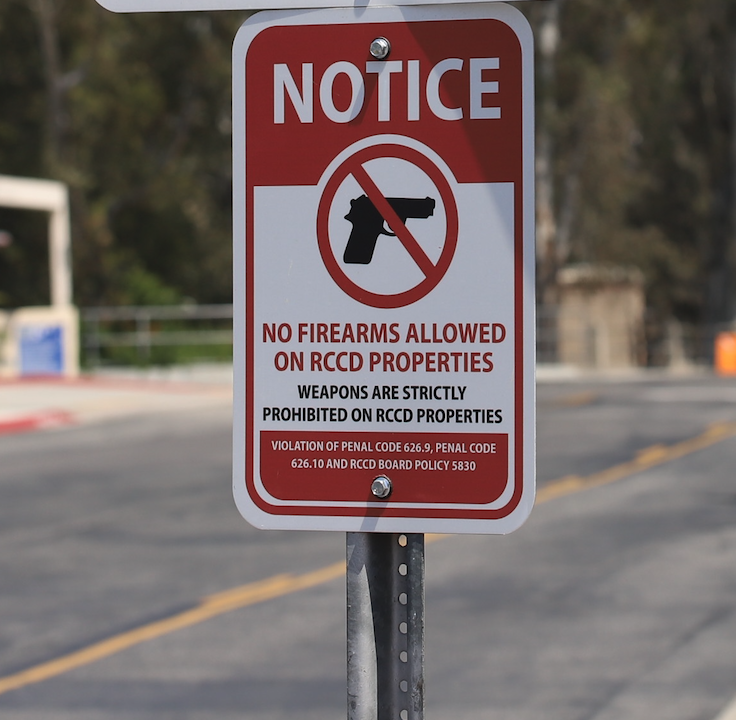By Jonathan Van Niel

“Just because you’re invited doesn’t mean you’re welcome.”
This tagline for Jordan Peele’s “Get Out” brilliantly encapsulates the racial dynamics at play in this chilling social-thriller. In his feature debut as a writer and director, Peele holds a mirror to 21st century America and dismantles the assertion that we live in a post-racial society.
The film begins with Chris and Rose, an interracial couple who have been dating for a few months. Rose wishes to introduce Chris to her family, but she has yet to inform them that she is dating a black man. Immediately, Peele sets the stage for racially charged dramatics.
The two eventually make their way to Rose’s family home; her parents are characterized as an upper middle-class liberal white family. Upon meeting Chris, Rose’s father attempts to dissolve tensions by saying he “would have voted for Obama for a third term” if he could.
Later on, the family hosts an event with several white guests who are eager to meet Chris, but things are not as they seem in Peele’s twisted satirical horror rendition of “Guess Who’s Coming to Dinner.”
Through a series of unfortunate events, the audience learns that Rose and her family have been kidnapping black people so their bodies may be mentally occupied by whites.
This twist is Peele’s method for commentating on the fetishizing of the black body. The partygoers in Peele’s world study Chris similarly to how slaves were examined for auctions, even concluding festivities by having a bidding war take place for his body. Truly, this is the new-age slave trade.
The genius of “Get Out” lies in Peele’s brand of antagonists.
There are no neo-Nazis or Aryan Brotherhood members in this film; to address their blatantly racist rhetoric would be pointless.
Instead, the subjects Peele provides are educated, liberal-minded white people.
These characters profess their lack of racism and desire for black empowerment while simultaneously reducing black people to their physical attributes. The commentary—applicable to a myriad of situations—lends itself particularly well to rebuking individuals who believe they are advocating racial equality by chanting “All Lives Matter.” The phrase, on the contrary, dismisses the reality of the black struggle and often serves as a rebuttal to “Black Lives Matter.”
“Get Out” breaks free from the humdrum of Hollywood conventionality and denies filmgoers a tranquil coexistence between the two races. There is no coming together—no “Kumbaya” moment. The chasm between blacks and whites is not mended, but is rather widened. Peele drops a bucket of ice water on our heads, and the frigid truth is sure to give you chills.











